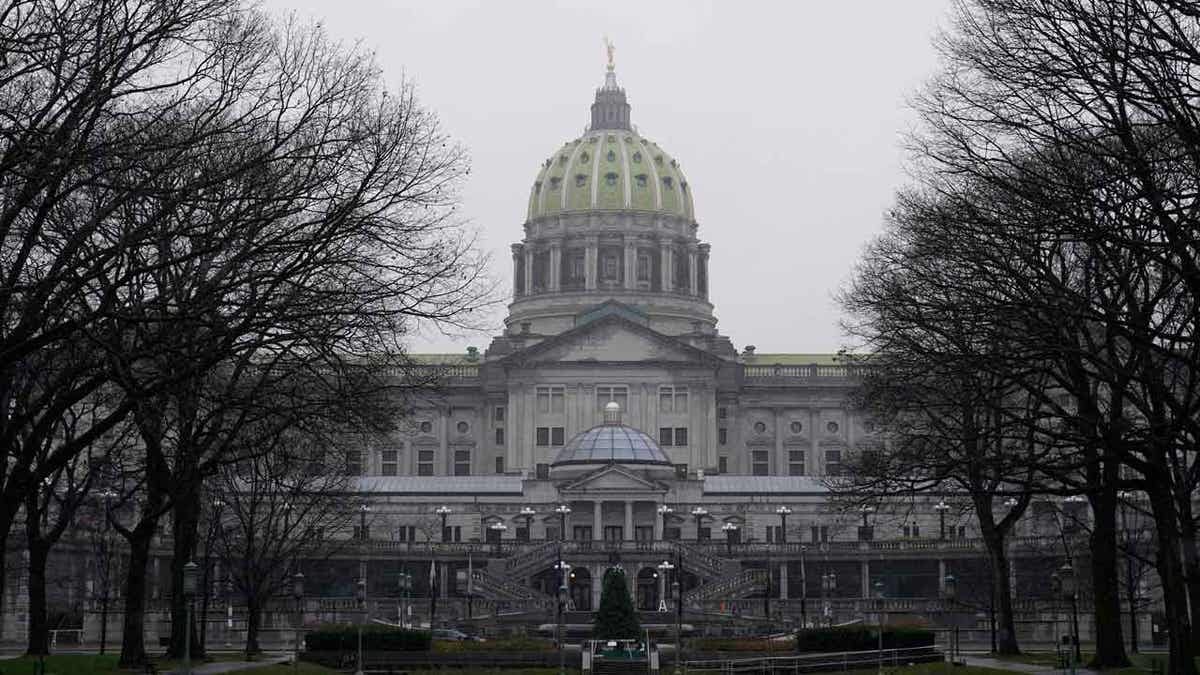Pennsylvania's House of Representatives has approved measures to increase fees on phone bills statewide to fund county-level emergency communication centers and the state's 988 suicide prevention lifeline. The proposed increase for 911 services would raise the current $1.65 monthly fee to $1.97, generating an estimated $30 million in additional funding, reaching a projected total of $365 million in the upcoming fiscal year. A separate measure establishes a new 6-cent monthly fee to support the 988 hotline, anticipated to generate around $12 million annually. Both fees would be subject to annual adjustments based on inflation.
While the measures received bipartisan support in the House, with all Democrats and some Republicans voting in favor, they now face consideration in the Republican-controlled Senate. These fee increases come on the heels of a separate House bill passed unanimously to eliminate sales and gross receipts taxes on cell phone services, potentially saving Pennsylvanians an estimated $124 million annually if enacted by the Senate.
According to a House Democrats spokesperson, a typical consumer could see a net reduction of approximately 41 cents per month in 2024 if all three measures are passed. Rep. Jared Solomon, a Democrat from Philadelphia and sponsor of the 911 bill, suggested that Pennsylvanians might not experience an increase in their phone bills until 2028 if all three proposals become law. He emphasized the need for updated technology in the 911 system, highlighting its current reliance on outdated infrastructure.

However, critics have voiced concerns about linking the charges to inflation, referring to them as "infinity taxes," and questioned whether the proposed tax cut would effectively offset the increased fees. Rep. Bryan Cutler, a Republican from Lancaster County, expressed skepticism about the government's ability to follow through on its promises regarding the tax cut. While the County Commissioners Association of Pennsylvania supports the 911 funding increase, they advocate for a higher fee to adequately sustain emergency services.
The implementation of the 988 hotline represents a national effort to provide accessible mental health crisis support. While the federal government has provided initial funding, states are tasked with securing ongoing financial support for these services. Pennsylvania joins a growing number of states that have allocated funds to sustain the 988 hotline, often through phone bill fees.
Comments(0)
Top Comments